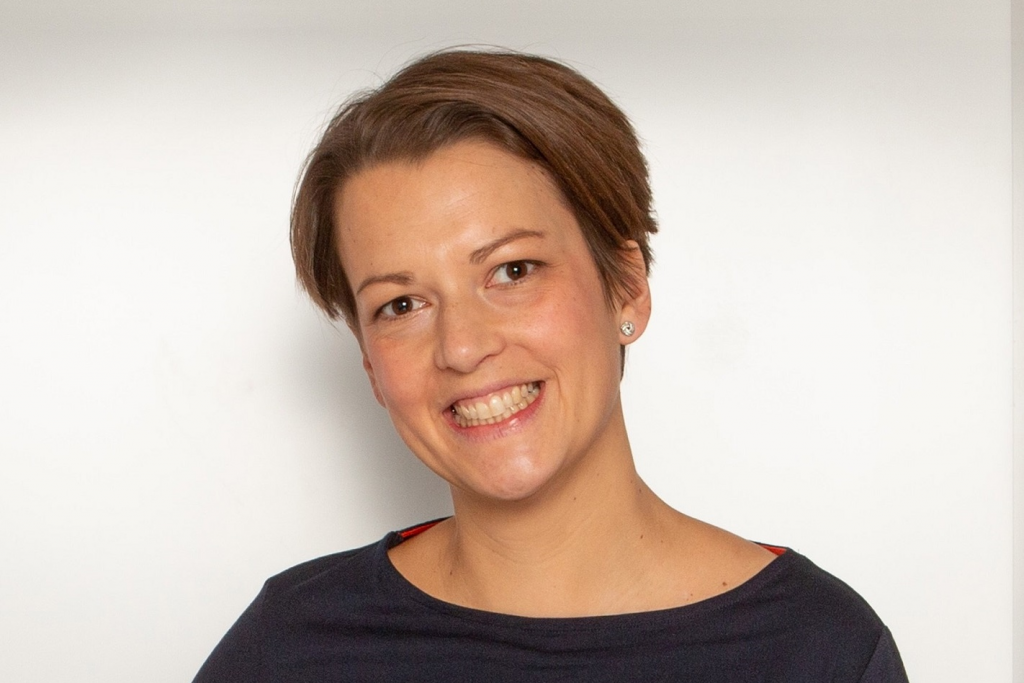8th June 2020
At the start of Infant Mental Health Awareness Week (#IMHAW2020), we are delighted to share a Voices blog by Sally Hogg, Head of Policy and Campaigning, Parent-Infant Foundation and Co-ordinator of the First 1001 Days Movement.

Sally Hogg, Head of Policy and Campaigning, Parent-Infant Foundation and Co-ordinator of the First 1001 Days Movement
This week (7-12 June) is Infant Mental Health Awareness Week (IMHAW). As readers will know, infant mental health describes the social and emotional wellbeing and development of children in the earliest years of life. And, because the first 1001 days are such a critical period in development, babies’ emotional wellbeing not only affects how they feel and function now but also how their brains develop.[i] It lays the foundations for lifelong health and happiness.
The theme of this year’s awareness week is “the world through babies’ eyes.” We hope that this will prompt parents, professionals and decision makers to consider babies’ perspectives. Many health visitors have experienced how stopping to reflect on and articulate what baby may be experiencing and feeling, can be powerful for parents and support their attunement with their baby. Similarly, professionals who consider a baby’s perspective can find opportunities to improve how they work. A team from the Anna Freud National Centre for Children and Families found that working with health visitors and taking a baby’s perspective could inform small changes in the layout of baby weighing clinics, which improved interaction with both parents and babies.[ii]
IMHAW was planned long before COVID-19, but the theme gives us an opportunity to talk about how the pandemic has affected babies and their families. Whilst babies are less likely to suffer from the disease, it is having a secondary impact on their wellbeing and development. For some babies, the pandemic has resulted in more positive time with their parents who will have provided them with the emotional support they need. But other parents will have struggled to give their babies sensitive, responsive care, and will not have the emotional and practical resources they need to buffer the impacts of the crisis for their babies. This time has been stressful for everyone, but for babies this is happening at a critical time in their development. While many professionals have worked hard to try and support families during this time, there have been significant challenges including the absence and redeployment of key staff from already depleted health visiting services, and the challenges of working digitally, which are particularly acute when working with babies, especially those in disadvantaged families. We are concerned that the pandemic has further increased risks to infant mental health, widened inequalities and depleted important services, and that the impacts will be long lasting if concerted action is not taken. Therefore, we have called for a properly resourced, cross-Government Recovery Strategy for Children that fully addresses the needs of babies and their families.
During IMHAW, we are launching the First 1001 Days Movement, an alliance of over 130 charities and professional bodies spanning the children, family, mental health, maternity and baby sectors. The iHV is a key member of the Movement, and many health visitors around the country have also joined as professional supporters. Whilst we have worked together before, we are now becoming a more formal alliance with a shared commitment to work together to drive change. Our new mission sets out our ambition to support and challenge national and local decision makers to value and invest in babies’ emotional wellbeing and development in the first 1001 days, from pregnancy, as the critical foundation for a healthy and fulfilling life.
Infant mental health matters now more than ever. It offers a key to unlocking the potential of our nation going forward, creating resilient, caring communities that are better able to cope with future trauma. We must raise awareness and advocate for change, in Infant Mental Health Awareness Week and beyond.
Sally Hogg, Head of Policy and Campaigning, Parent-Infant Foundation and Co-ordinator of the First 1001 Days Movement
[i] Center on the Developing Child (2007). The Science of Early Childhood Development (InBrief). Retrieved from www.developingchild.harvard.edu.
[ii] James, J., & Rosan, C. (2019). Remodelling baby clinics: Opportunities to support parent–baby relationships. Journal of Health Visiting, 7(8), 400-404.





